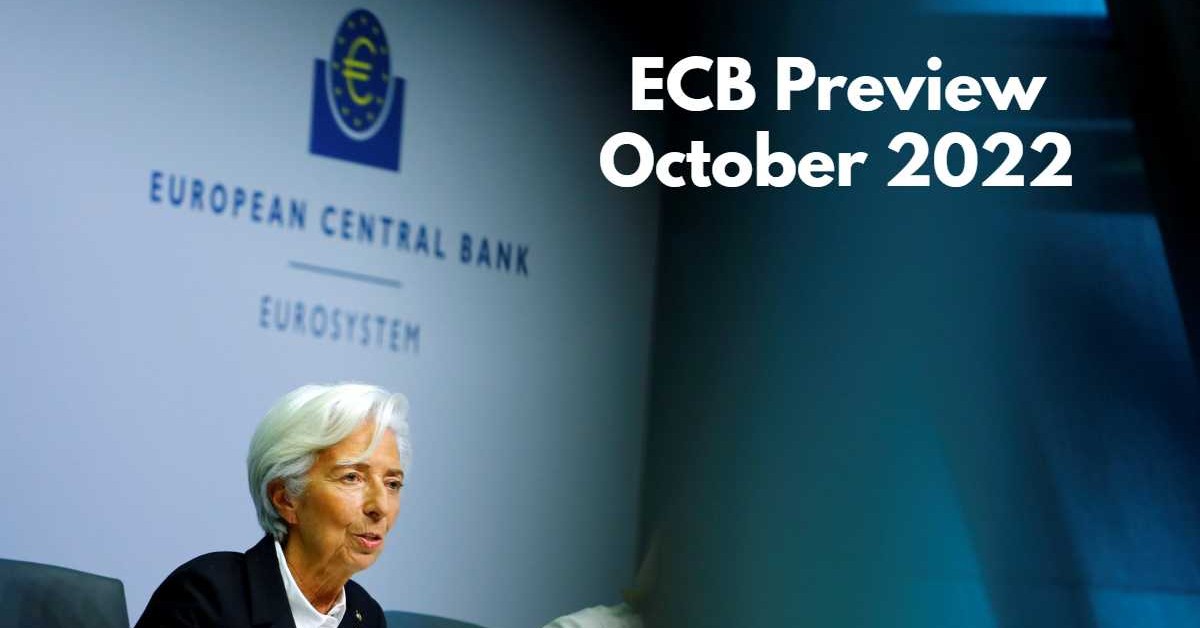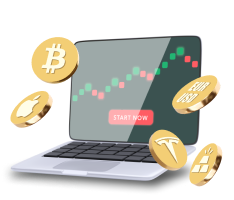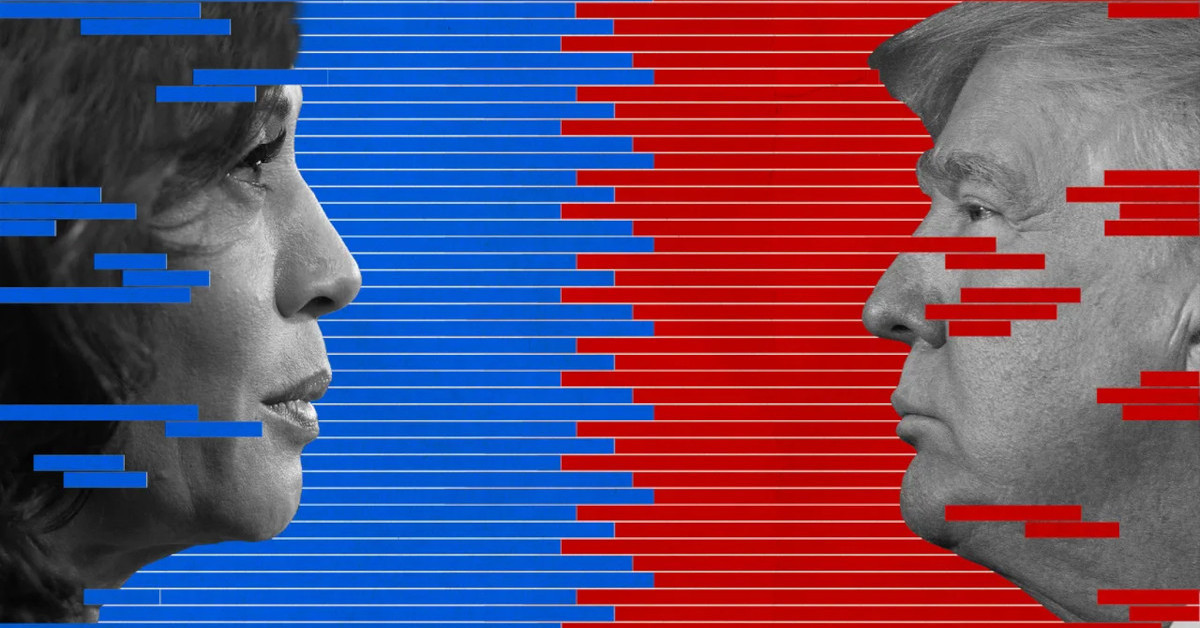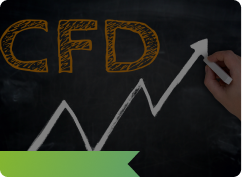ECB set to raise the rates by 75-basis point
European Central bank will announce its interest rate decision and monetary policies on Thursday, 27 October. According to different reports and market estimates, the ECB is due to raising borrowing costs by 75 bps for the second time in a row. This expected rate hike will increase the main refinancing rate to 2% and the deposit rate – what commercial banks receive when parking funds in Frankfurt – to 1.50%. With current inflation around 10%, there is no more option for now for ECB to control the price rise.
While the 75-basis point rate hike is priced in the markets, the question is mostly about Mrs. Lagarde’s comments and policymakers' outlook for following meetings. In September, ECB President Christine Lagarde signaled that the tightening cycle could continue until February 2023. With these expectations, for now, we can expect that borrowing costs can peak at 3%, however, everything will depend on economic conditions, so we have to move so carefully.
Despite the recent reductions in gas prices, how Europe can face fuel and energy shortages is one of the most important questions these days. Given current conditions, many analysts believe that Germany, which is the biggest Eurozone economy, can be hit by higher energy costs and uncertainty in winter and wait for a recession there.
Reserve bank of Australia earlier this month and then the Bank of Canada on Wednesday, started to slow down the pace of tightening policies, therefore, to understand the market reaction and guess what we have to expect from Euro and EU stock markets, we have to wait for Mrs. Lagarde's press conference. Her explanations for following the required actions will make a difference. If she mentions the slower path of a rate hike from the December meeting will be the option, then we have to wait for more pressures on Euro, while stock markets would not be suffering so much. On the other hand, if she denies the need for a slower pace of rate hikes in the next meetings, then Euro may get some support, but it will be just for short time, as economic data are scary enough to make investing in the eurozone look risky, which means less demand for Euro.
For its effect on Euro, from the fundamental point of view, still we do not have enough reason to count on Euro and EURUSD uptrend. From a technical point of view, the current U-turn above 1.00 from a multi-year low still does not have enough signal to be counted as a bullish trend. So, for now, we can call this short-term uptrend a correction. If this correction can breathe above 1.035, then we can have more reason to buy Euro, otherwise bears still have more chance to bet on them.


















